By: Rob Ptacek, Todd Sperl, Jayant Trewn, PhD
This book bridges the gap between a highly quantitative analysis of a process that requires extensive training (i.e., Six Sigma certification) and a more simplified approach that can be used and understood by the masses (i.e., Lean thinking). The goal of this book is to make the methods and tools of Lean and Six Sigma accessible to more people and provide a common sense or “practical” approach to problem solving and continuous improvement. This book is intended to be used by Sigma Belt Levels, Lean Senseis (i.e., teachers), Continuous Improvement Specialists, front-line managers, and supervisors of departments and work groups, and improvement team members in their efforts to improve all types of administrative processes while reducing waste and variations, and engaging employees. The Lean Six Sigma tools and concepts are presented relative to the A3 road map to provide a definitive how-to guide to problem solving and continuous improvement (Kaizen) initiatives.
The examples contained in this book are from a wide range of industries and functional areas within organizations, and will assist team members to fully understand the tool’s usage and purpose.
Different improvement methodologies that organizations may already be using to meet customer requirements and performance goals are recognized and mentioned. We acknowledge that all have their benefits. It is important to select the one that fits the organization and will be widely used. The methodology should be easy to understand and implement, actively engage the employees, and provide a visual management structure for sustaining continuous improvement initiatives.
The examples provided throughout this publication demonstrate how a Lean or Six Sigma tool was used in a particular setting. We have presented them in this manner to provide a general understanding on how the tools can be applied in everyday (i.e., practical) situations. It is acknowledged that situations in the various types of office settings will vary greatly. However, by focusing on a proven methodology, understanding, identifying, and eliminating waste, and engaging the employees that continuous improvement efforts will have the greatest impact – and thus be sustained!.
Practical Lean Six Sigma for Offices is designed as a convenient, quick reference, and, most importantly, a step-by-step implementation guide. You can put your finger on any tool within a matter of seconds! Use the book as follows:
– Navigate the A3 Report as you progress through the project (using the right side book tabs).
– Complete the A3 Report as you learn and apply the tools on the project by:
1. Go to the tab in the book that corresponds to the A3 Report section you are working on.
2. Read about the tools for that stage of your project.
3. Apply the appropriate tools.
4. Complete the relevant section of the A3.
5. Repeat 1 – 4 as you navigate through the A3 and complete your project.
Use the Case Study Example Look-Ahead to direct you to specific pages relative to a specific example and/or case study.
Use the Index for quick access to a specific topic or tool.
We expect with the knowledge conveyed in this book, as well as the experiences from your improvement projects, that one day you will become a Lean “Sensei.”
Spiral Bound – 5.5″ x 8.5″ – 280 pages – Key Lean Six Sigma Tools Explained – Case Studies, Digital Photos/Examples with all Lean Sigma Tools – Readiness Guides – A3 and Lean Thinking Statements – Glossary – Index – LeanFITT

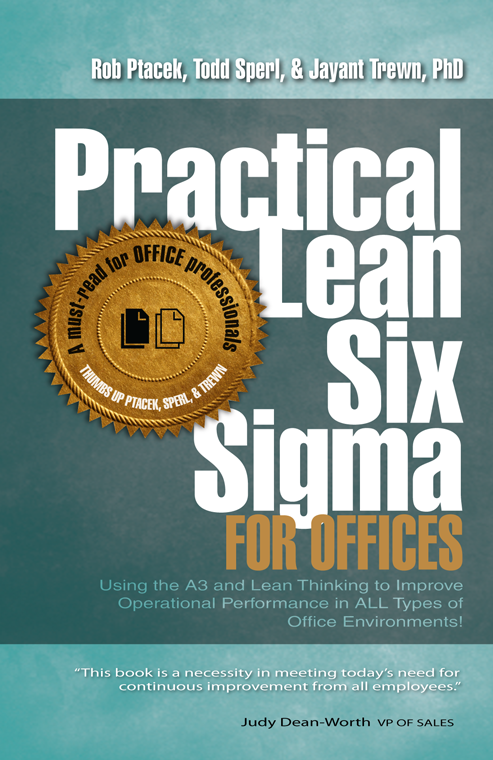
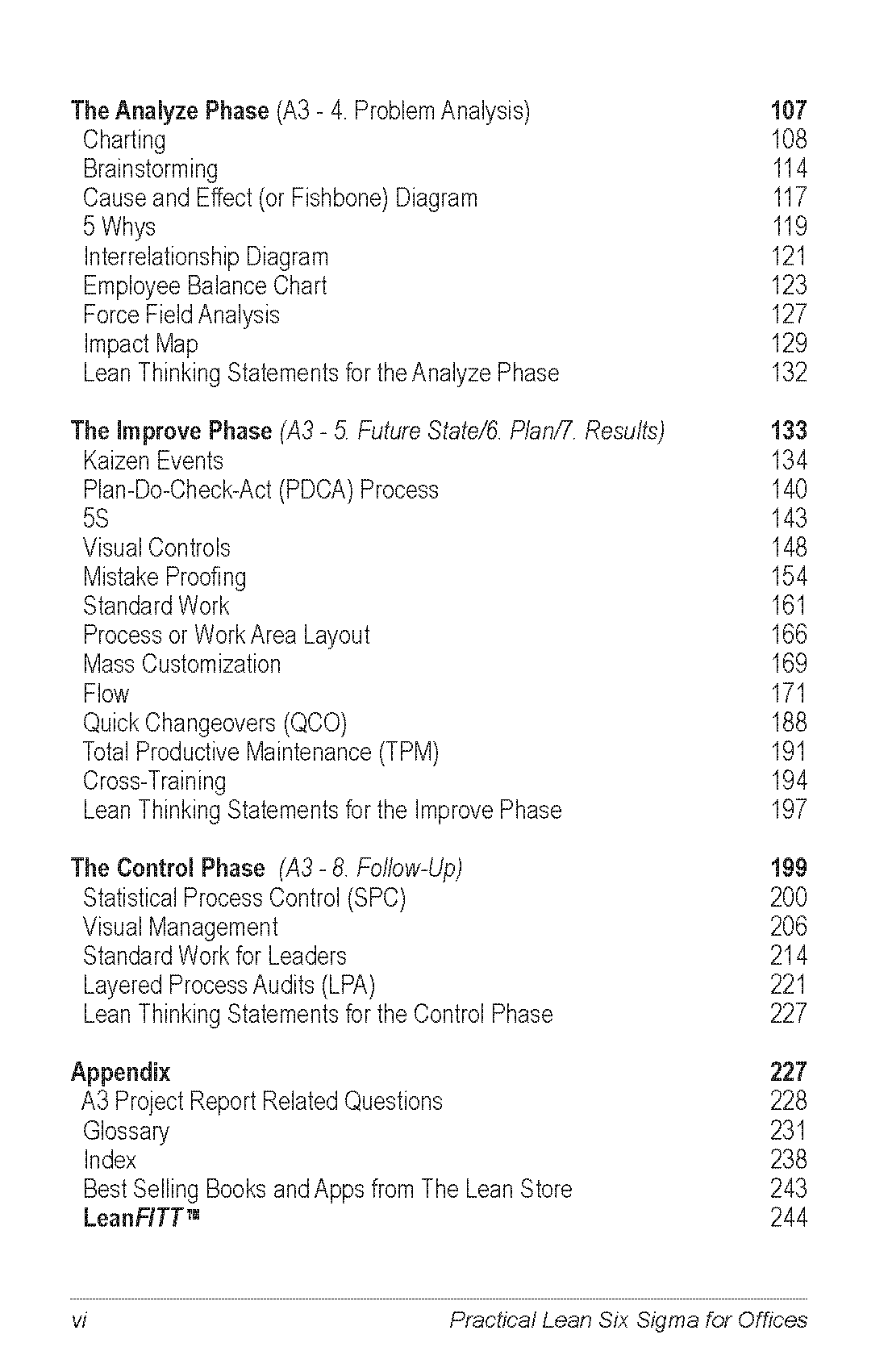
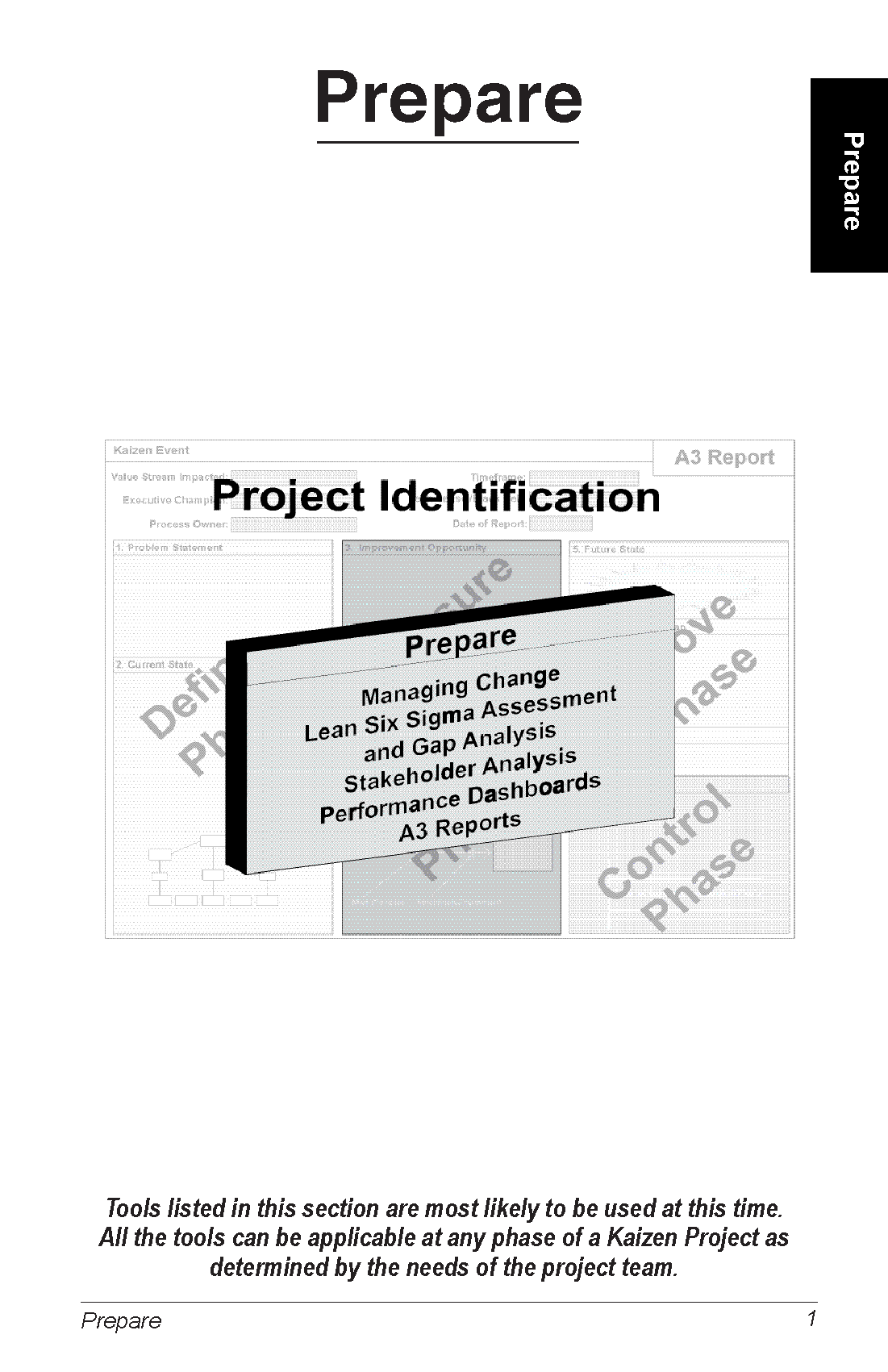
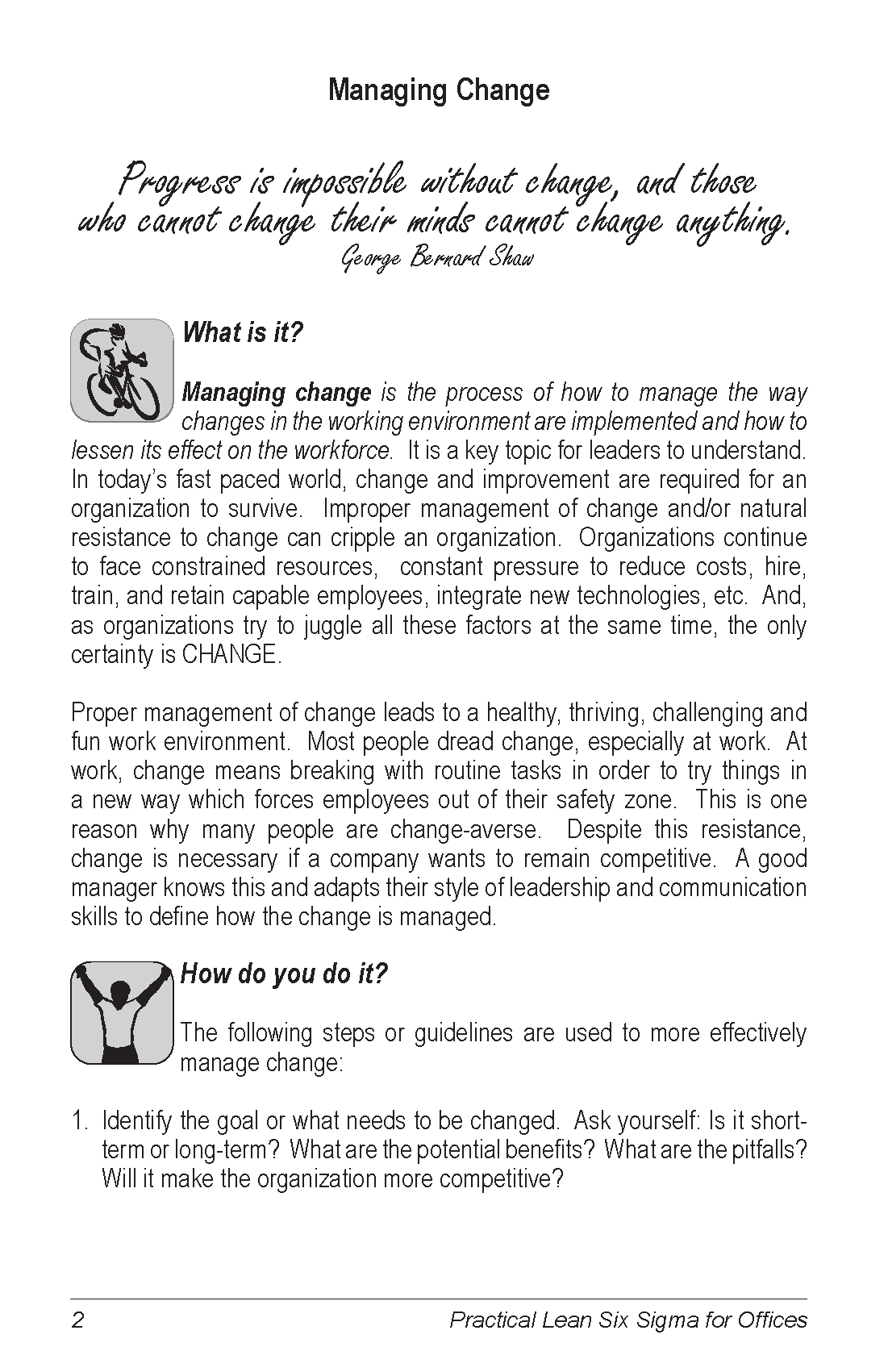
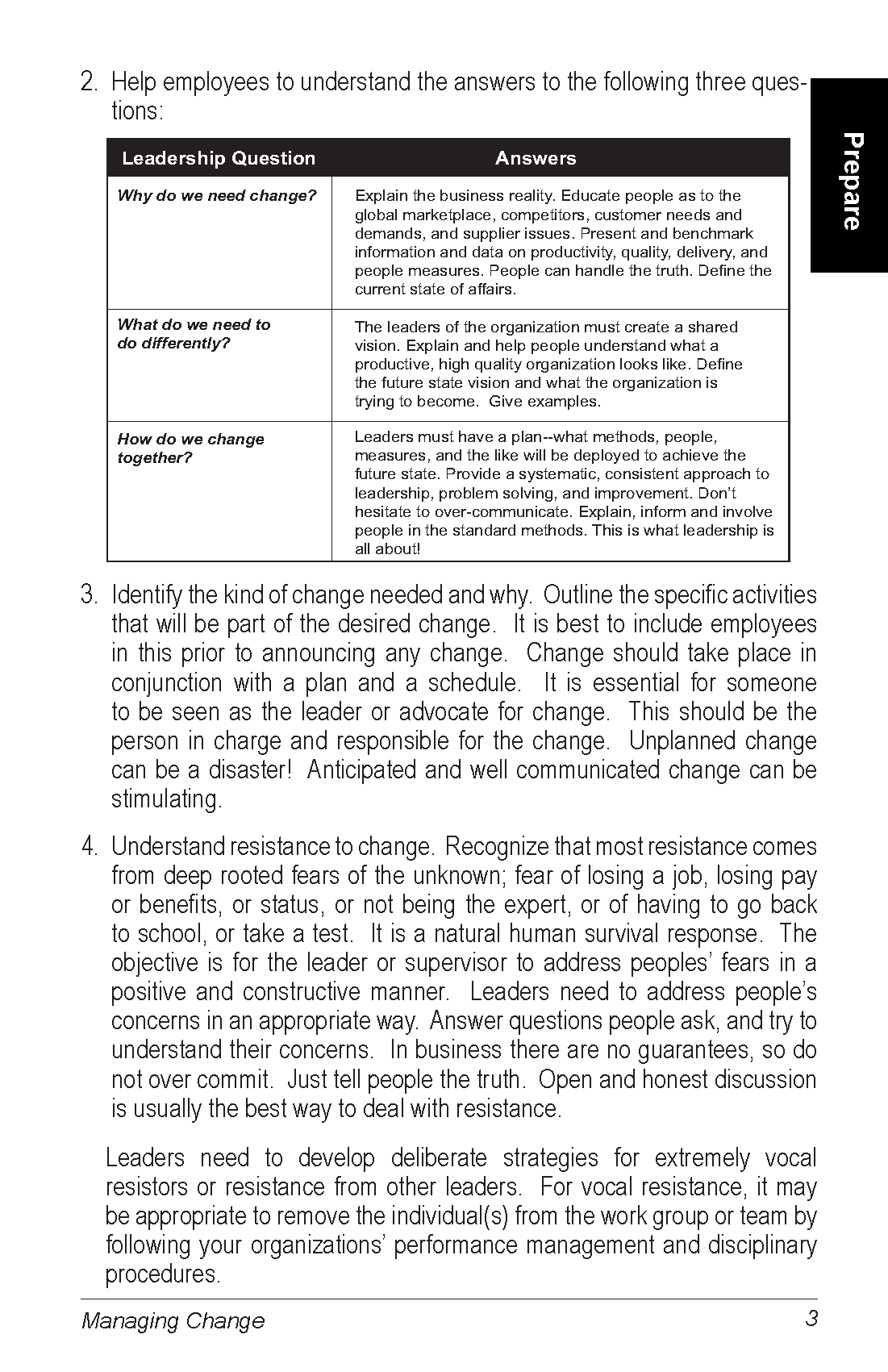
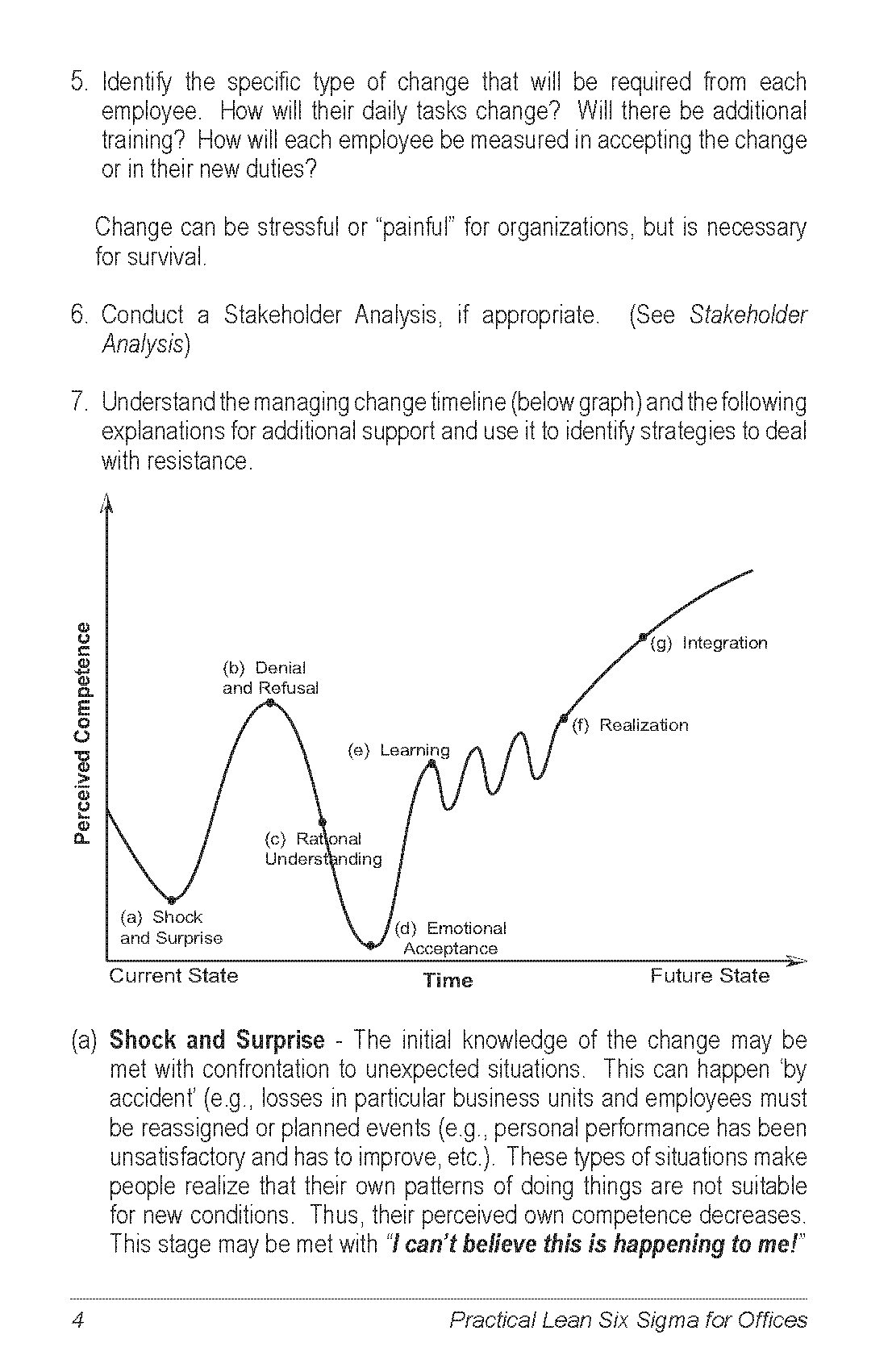

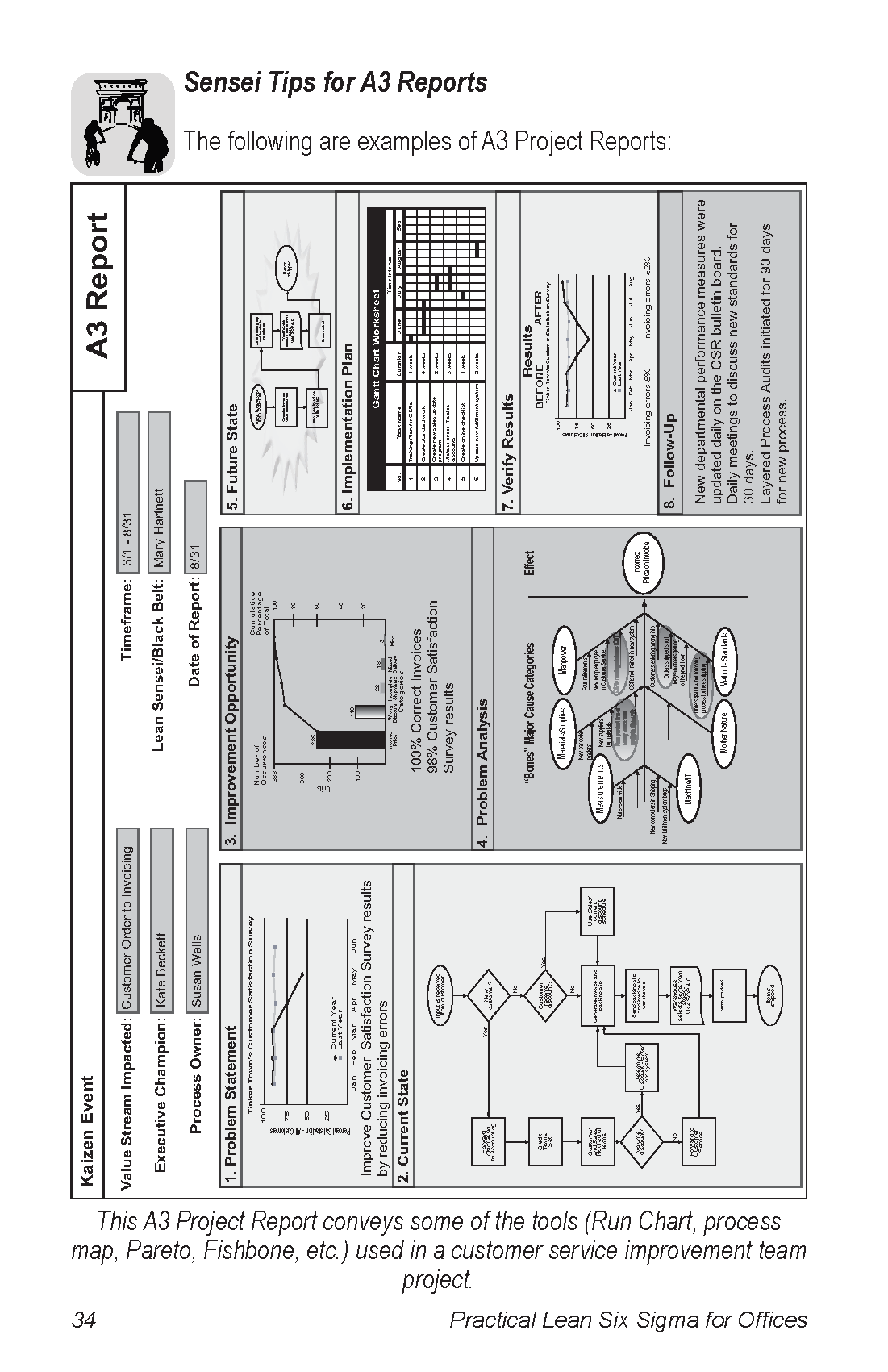
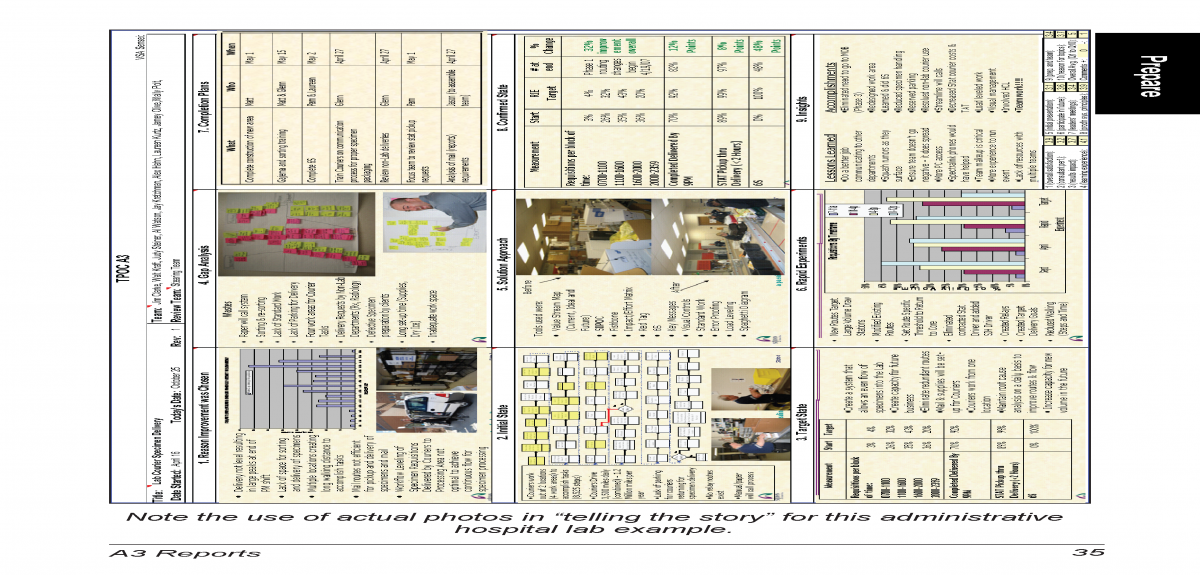
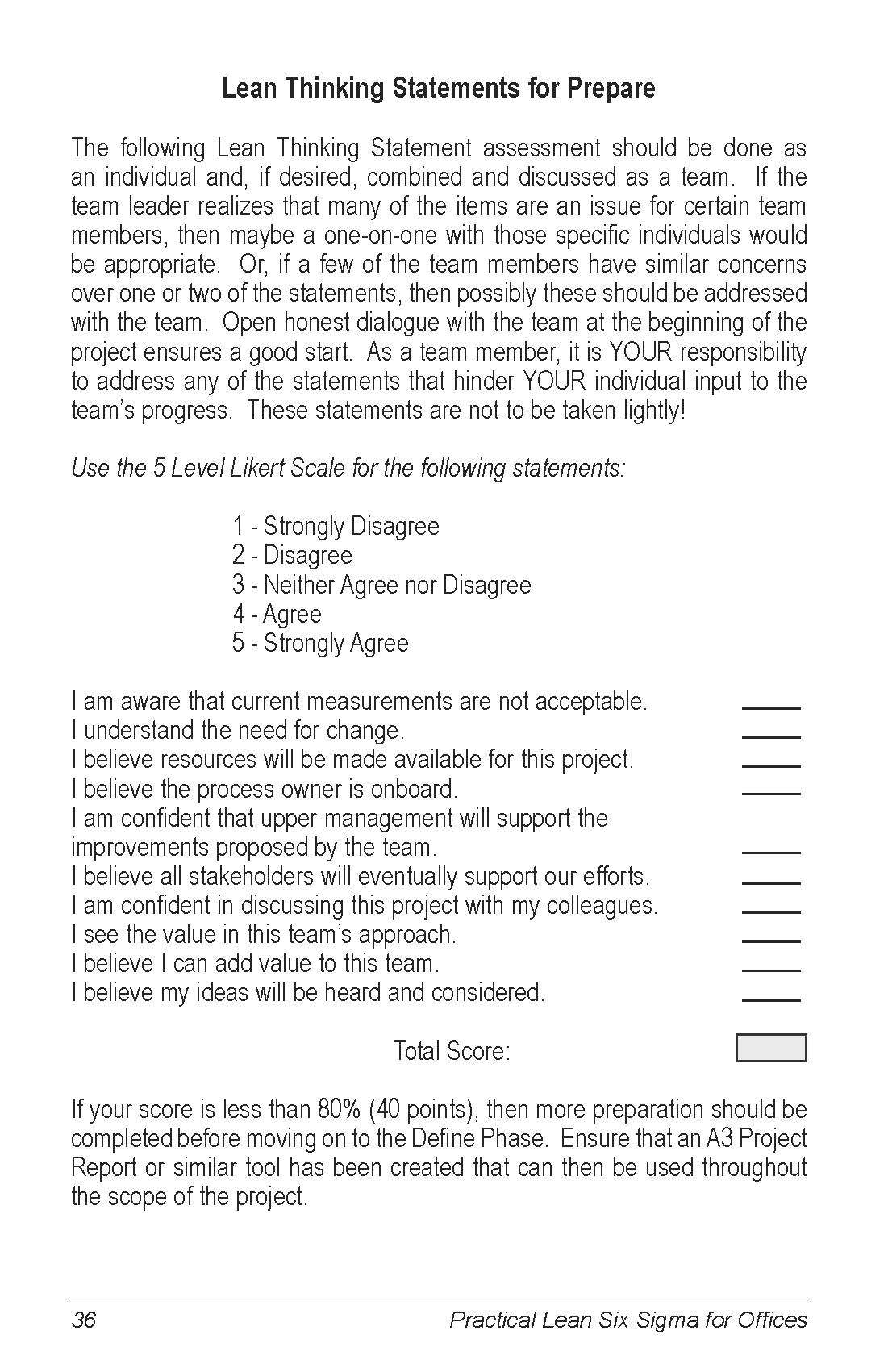
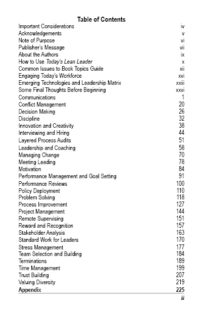
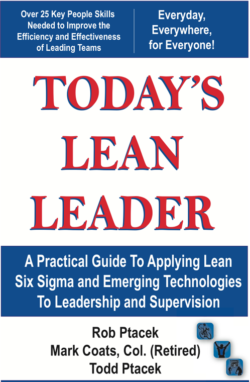
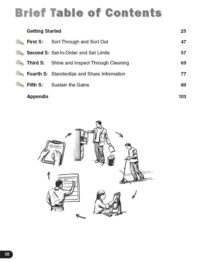
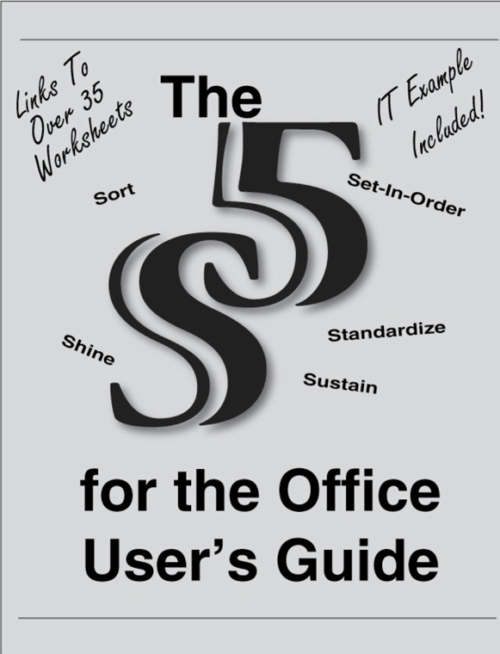
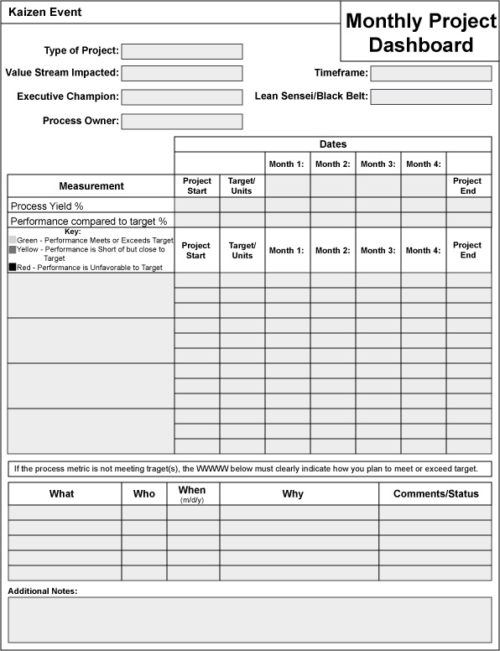

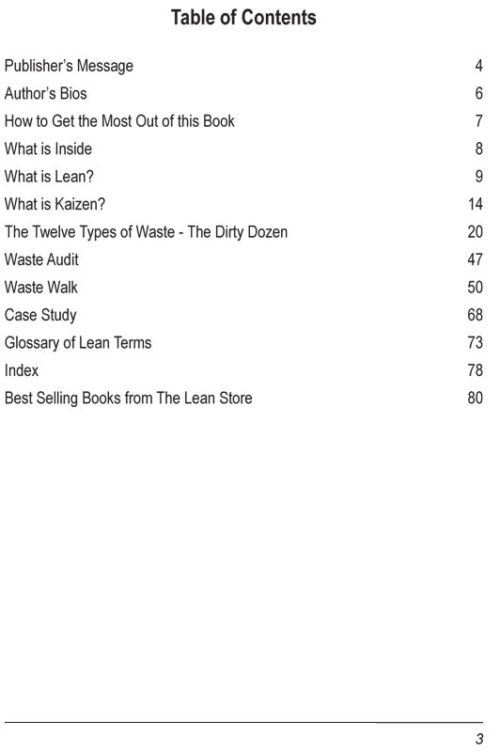
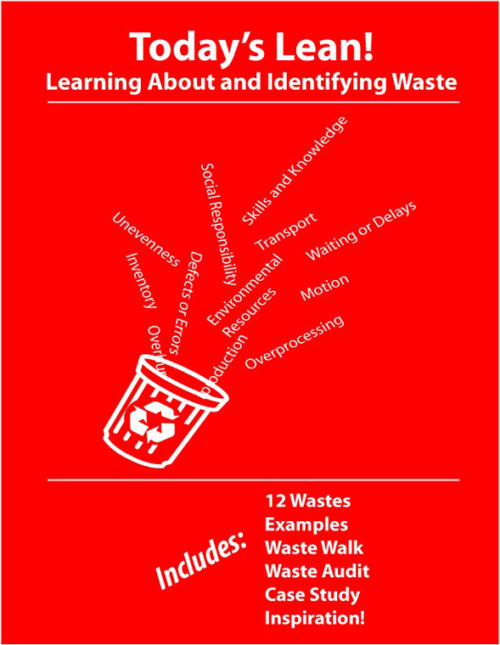
Reviews
There are no reviews yet.